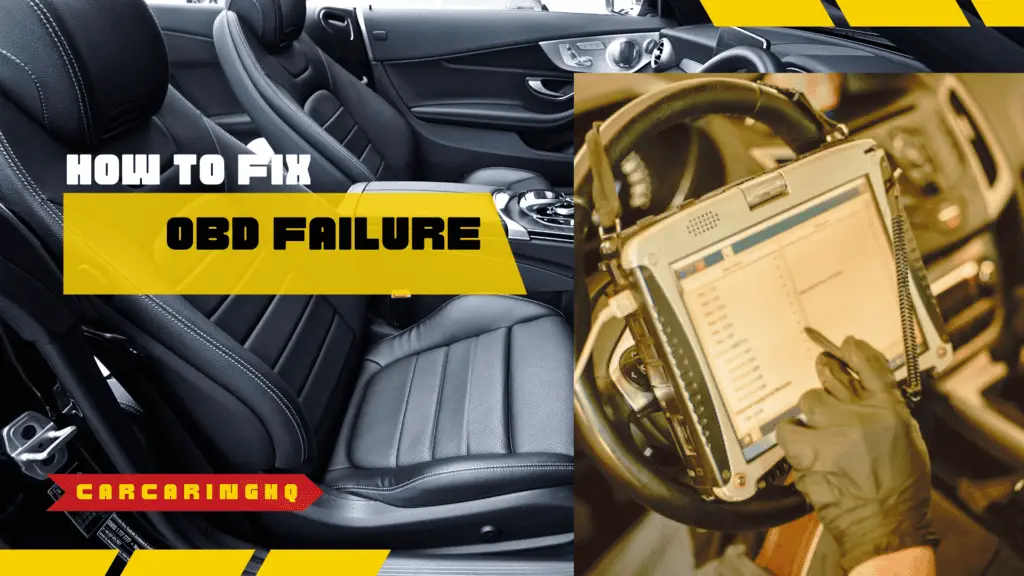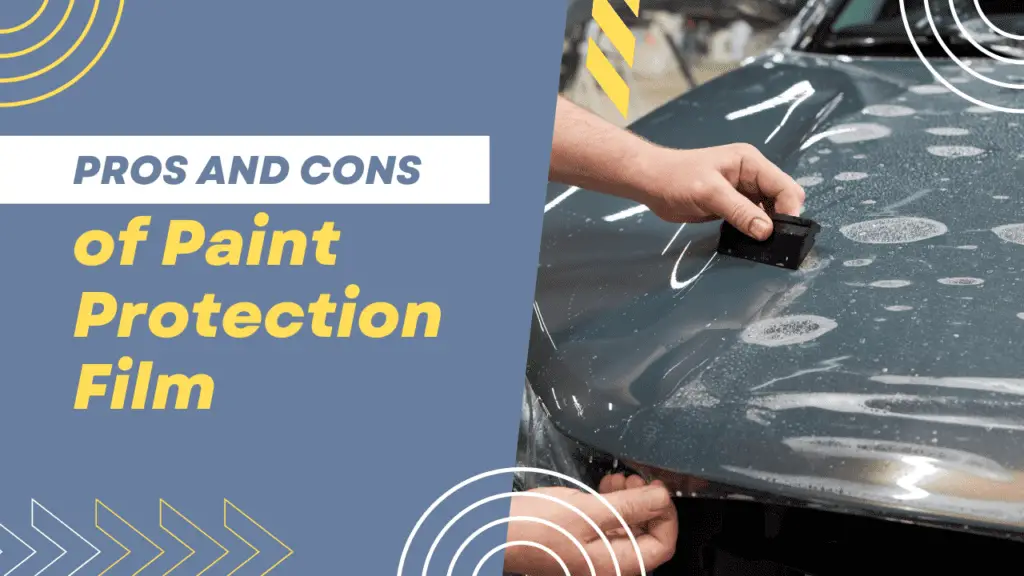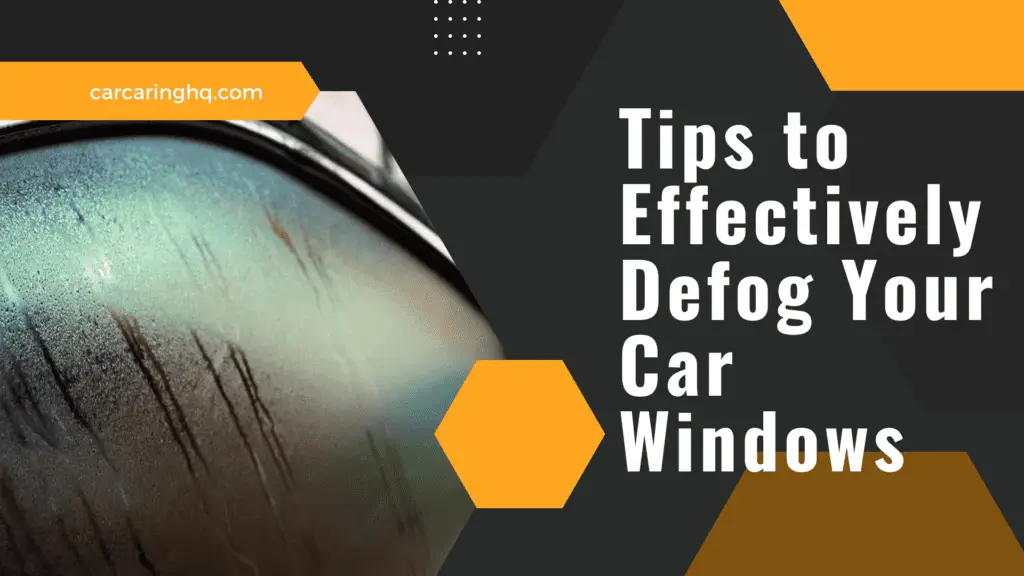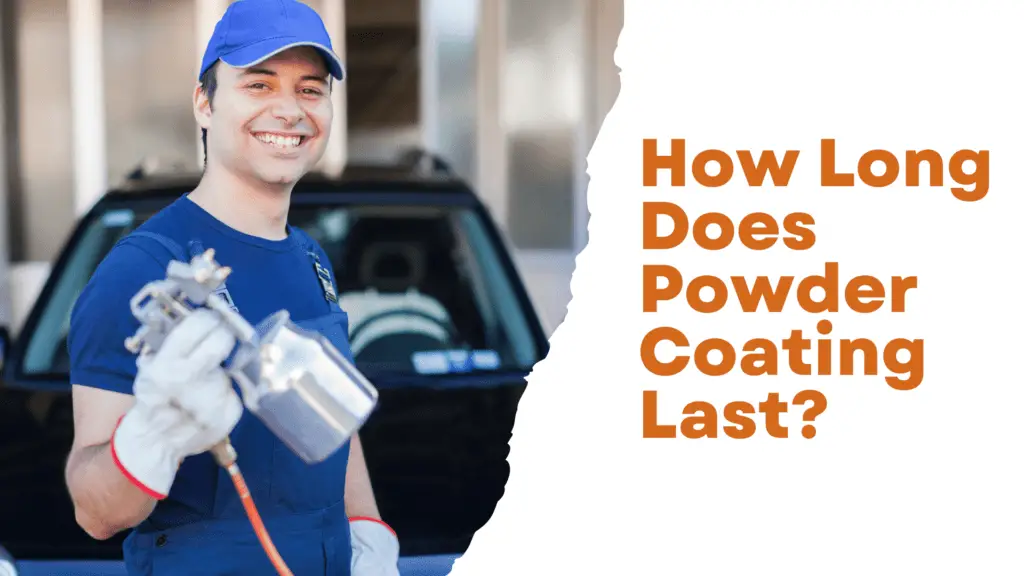Have you ever experienced an unsettling squeaking noise when making turns at low speeds in your vehicle?
That bothersome sound can be quite disconcerting and raise concerns about the health of your car. In this article, we’ll delve into the various reasons behind the squeaking noise when turning at low speeds and explore effective solutions to eliminate it. Let’s dive in and unravel the mystery of this irritating issue.
Table of Contents
Understanding the Squeaking Noise

1. The Culprit: Worn Out or Dry Steering Components
One common cause of a squeaking noise during low-speed turns is worn-out or dry steering components.
These components include the steering column, tie rods, ball joints, and bushings. Over time, these parts can experience wear and tear, leading to friction and subsequently producing that unpleasant squeak.
Solution: Lubrication and Inspection

To address this issue, regular lubrication of the steering components is essential. Applying a suitable lubricant can significantly reduce friction and eliminate the squeaking noise.
Additionally, having a mechanic inspect these components during routine maintenance can help identify any damage or excessive wear, allowing for timely replacements.
2. Brake-related Issues: Brake Dust and Pad Glazing
Another potential culprit for the squeaking noise is brake-related issues.
Brake dust accumulation between the brake pads and rotors, as well as pad glazing, can result in a squeak when turning at low speeds.
Solution: Brake Cleaning and Pad Replacement
Periodic cleaning of the brakes to remove dust buildup can prevent squeaking. In cases of pad glazing, replacing the brake pads with new, high-quality ones can resolve the problem and ensure smoother turns without the annoying noise.
3. Suspension Problems: Worn-out Struts and Springs
Worn-out or damaged suspension components, such as struts and springs, can contribute to the squeaking noise.
These components play a crucial role in maintaining a smooth ride and absorbing shocks, but they can also be a source of noise if compromised.
Solution: Suspension Maintenance
Having your vehicle’s suspension system inspected and maintained regularly is key to preventing squeaking caused by worn-out struts and springs.
If necessary, replacing these components with high-quality parts can restore your car’s quiet and comfortable performance.
4. Environmental Factors: Moisture and Debris
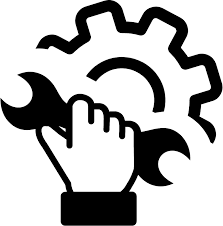
Moisture and debris can accumulate in various parts of your vehicle’s undercarriage, including the steering and suspension components.
This buildup can lead to friction and cause a squeaking noise when turning at low speeds.
Solution: Regular Cleaning
Regularly cleaning your car’s undercarriage and components can help prevent moisture and debris accumulation, reducing the likelihood of squeaking. Pay special attention to the wheel wells, suspension components, and steering mechanisms.
Preventive Measures

Adequate Lubrication
One of the most effective ways to prevent the onset of a squeaking noise is to ensure proper lubrication of all moving parts within your vehicle’s steering and suspension systems.
Regularly applying lubricants recommended by your vehicle’s manufacturer can significantly reduce friction and extend the lifespan of these components.
Timely Maintenance
Routine maintenance is crucial to identify and address potential issues before they escalate. Regular visits to a qualified mechanic can help catch problems like worn-out components or brake-related issues early on, preventing squeaking noises from developing.
Quality Parts
When replacement parts are needed, opt for high-quality components from reputable manufacturers. Investing in top-notch steering, suspension, and brake parts can significantly minimize the chances of encountering squeaking noises during turns.
Conclusion
Experiencing a squeaking noise when turning at low speeds can be both irritating and concerning, but it doesn’t have to be a persistent annoyance. By understanding the possible causes and implementing the appropriate solutions, you can enjoy a quieter and smoother driving experience.
Regular maintenance, proper lubrication, and the use of quality replacement parts are your allies in eliminating this pesky problem and ensuring your vehicle operates flawlessly.
FAQs (Frequently Asked Questions)
Q: Why does my car squeak when I turn at low speeds?
A: Squeaking noises during low-speed turns can be caused by worn-out steering components, brake-related issues, suspension problems, or environmental factors like moisture and debris buildup.
Q: Can I use any lubricant to silence the squeaking noise?
A: It’s recommended to use lubricants specifically recommended by your vehicle’s manufacturer for the steering and suspension components.
Q: How often should I clean my car’s undercarriage to prevent moisture buildup?
A: Aim to clean your car’s undercarriage every few weeks, especially during rainy or snowy seasons.
Q: Can I continue driving if my car squeaks when turning?
A: While the noise might not necessarily indicate an immediate danger, it’s advisable to have your vehicle inspected by a mechanic to prevent potential issues from worsening.
Q: Is brake glazing a serious problem?
A: Brake glazing can affect braking performance and contribute to squeaking noises. It’s important to address this issue promptly by replacing the brake pads.

